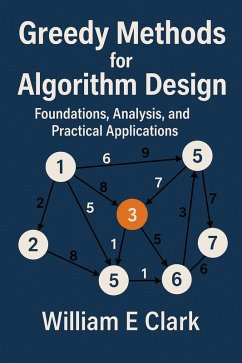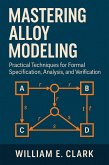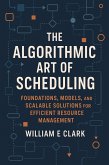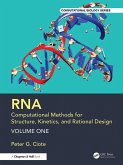The text develops the mathematical foundations needed to analyze greedy algorithms, including matroid theory, greedoids, exchange arguments, and linear programming duality, and uses these tools to derive correctness proofs and approximation guarantees. These principles are applied across a broad range of canonical problemsminimum spanning trees, shortest paths, data compression, and resource allocationand extended to advanced strategies such as randomized, adaptive, and online greedy schemes. Special attention is given to the unique challenges that arise in graph algorithms, combinatorial optimization, and machine learning, illustrating both the versatility and the limits of greedy design.
Beyond theory, the book addresses practical concerns of efficient implementation, from choice of data structures and profiling techniques to parallel, distributed, and cloud- and edge-computing deployments. Closing chapters survey emerging applications in fields such as bioinformatics and blockchain, explore hybrid metaheuristics and open theoretical problems, and consider the broader ethical and societal implications of deploying greedy methods. Altogether, this volume serves as an authoritative reference for mastering greedy methods in both foundational analysis and real-world practice.
Dieser Download kann aus rechtlichen Gründen nur mit Rechnungsadresse in A, B, CY, CZ, D, DK, EW, E, FIN, F, GR, H, IRL, I, LT, L, LR, M, NL, PL, P, R, S, SLO, SK ausgeliefert werden.









